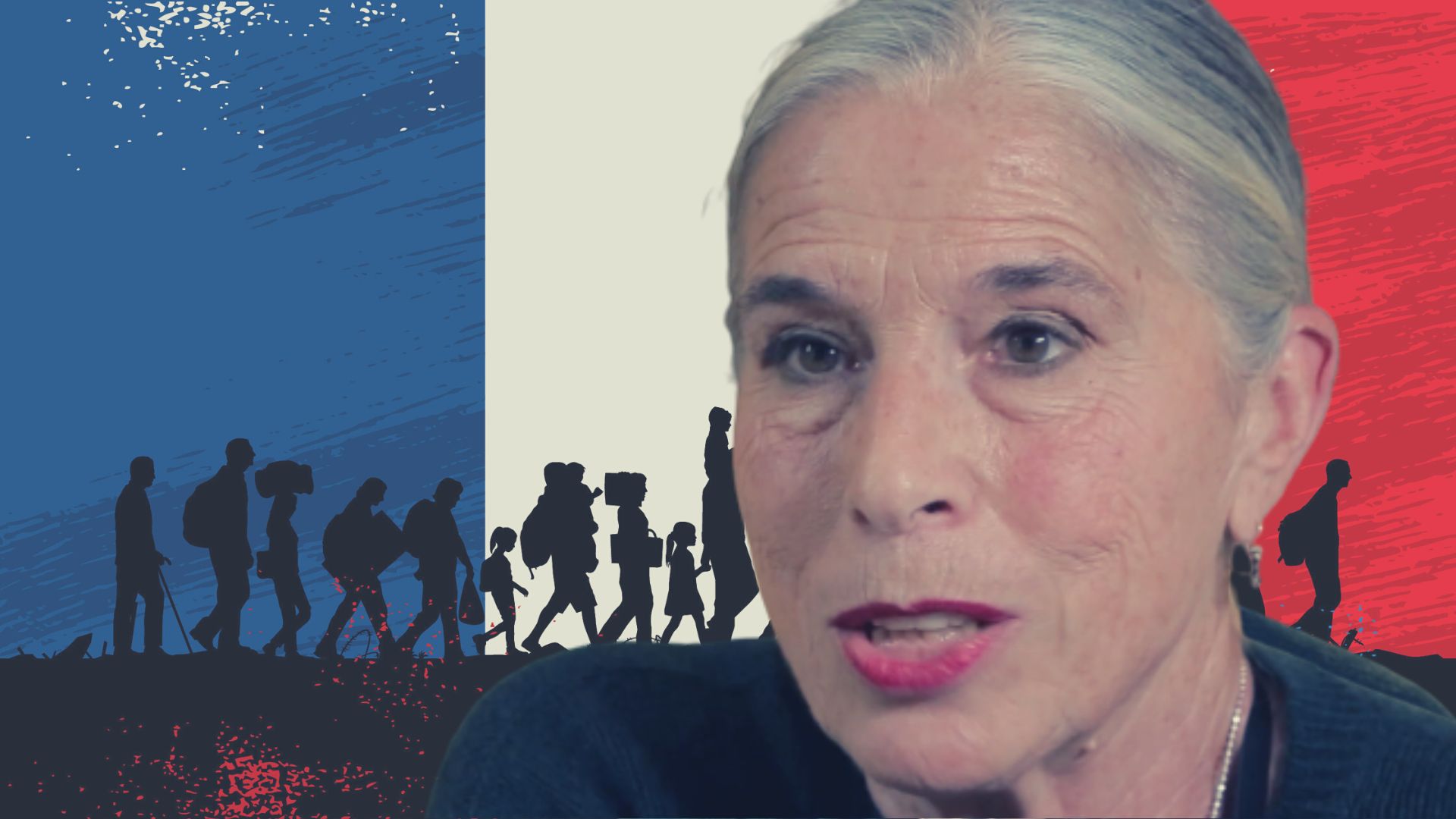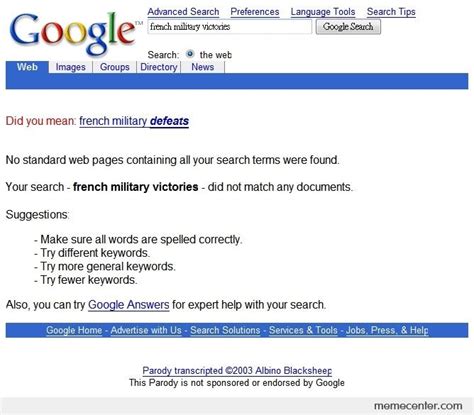C’est fini
This is the first time white people have won anything in a century!
A plan to settle up to 70 refugee families in the rural French town of Callac has been withdrawn after mass protests from residents.
The local government’s decision to cancel the project, which was backed by the wealthy Cohen family and the Macron government, is being hailed as a victory for native French people opposed to their own dispossession.
Many of the politicians who backed the project are acknowledging that public pressure drove their decision to cancel the “Horizon” refugee reception and care project, which faced mass opposition from locals.
Marie-France Cohen was behind it
Two large demonstrations took place in September and November, stickers and banners were plastered on the buildings of the commune, and letter-writing campaigns put immense pressure on local pro-migrant politicians.
“I assumed the decision to stop (…) At some point, you have to make a decision,” Callac Mayor Jean-Yves Rolland, who belongs to French President Emmanuel Macron’s political party, told news agency AFP. “Personally, I was for the project, but it was no longer tenable, the city council was going to fall (…) I took the decision to hear them, to listen to them.”
Remix News, which previously broke the story in the English-language press, described how the Cohen family is the major financial backer and ideological driver of the project. The family, led by Marie-France Cohen, made most of its fortune in the high-end children’s clothing retailer Bonpoint, which the family sold for millions. The family’s lavish lifestyle, replete with mansions, is detailed in our investigative piece. Since then, through the family’s Medici fund, the Cohens have embarked on a range of progressive projects, with perhaps their most ambitious one being the Horizon project, which would see refugees settled across the French countryside, starting with 20 different towns.
The project was supposed to begin with dozens of refugee families for Callac, which features an aging population and a high unemployment rate.
300 people came to this one protest, which is a lot considering the town only has a little over 2,000 people in it
As Remix News previously reported, the protests against the project were attended by various conservative activists and the Reconquest party. However, spearheading the effort is a citizens’ initiative made up of residents of Callac who rejected the transfer of migrants to their town. These citizens pointed to the already-high unemployment rate in Callac, at 17.6 percent, and asked why jobs were planned to be found for the new arrivals before the people already living in the area. In addition, they pointed to potential overcrowding in schools and daycare, and the millions of taxpayer euros that will be needed to integrate the newcomers.
As protests grew, the village became a symbol of the Great Replacement, which describes the demographic replacement of Europeans by non-Europeans in the West. Demonstrators pointed out that the migrant relocation scheme would drastically transform the peaceful town of 2,200 in Côtes-d’Armor in Breton, and introduce the same multicultural issues plaguing cities like Paris, where half of all crimes are committed by foreigners and parents are fleeing the public school system.
Some residents spoke out directly against the project, such as Danielle Le Menn, who said she has become more receptive to the ideas promoted by Éric Zemmour’s Reconquest party, a party known for its opposition to mass migration.
“I abstained for the presidential election, but the ideas of Mr. Zemmour began to please me. I would like us to keep our identity, our customs, our values. Veiled women in Callac? I don’t accept that. I am Breton through and through. What scares me is communitarianism,” said Le Menn.
Citizens also formed an initiative and delivered a letter to the mayor protesting the Horizon project.
…
In the petition, they further argued that the millions of euros planned for the project, much of which would be provided by the French government, could be used to help the people already living in the village.
“We believe that the millions of euros that this project would cost should be invested as a priority for the local population, via the renovation of housing, via energy aid, via the development of the town of Callac and the surrounding municipalities, to allow locals to flourish there and those who want to come and settle there without monetary assistance to do so later,” the citizens wrote.
Despite this opposition, last year Macron stated that his government planned to begin moving migrants out of cities and into the countryside due to the problems of crime and ethnic ghettos in French cities, describing it as an “opportunity.”
At the national level, 62 percent of French say they want to hold a national referendum on continued immigration, with other polls showing that a majority of French are both opposed to further immigration into France and worried about the Great Replacement.
Nevertheless, the mayor of Callac said he was disappointed the project had to be called off in his village.
“It’s a pity that it has come to this (…) It was a human project of great value, no doubt very important for Callac in the future,” he said.
The mayor had intended to inform his constituents in the next municipal newsletter, but the information leaked before he could announce the project’s cancellation.
In a statement, the Merci Endowment Fund, run by the Cohens, wrote it regrets “the decision taken by the mayor and elected officials of Callac.”
The fund also claimed that opposition to the large number of refugees being moved into the town was tied to anti-Semitism, likely in a reference to the Cohen’s Jewish background.
“The Merci Endowment Fund denounces the campaign of disinformation, groups, and media of the extreme right aimed at dividing the population and destabilizing the City Council. This nauseating campaign with racist and anti-Semitic undertones is based on methods of harassment and intimidation, including death threats, targeting the mayor and several city councilors — even in their private lives.”
The Merci Endowment Fund indicated in the past that it plans to move refugees into 20 different towns in the French countryside, meaning Callac was only one location.
I guess it’s time to retire this meme:
 Daily Stormer The Most Censored Publication in History
Daily Stormer The Most Censored Publication in History




